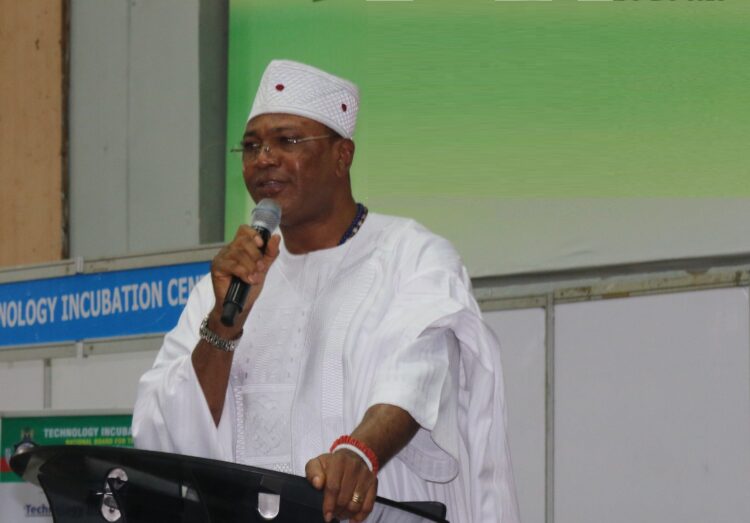President of the Manufacturers Association of Nigeria (MAN), Francis Meshioye, has disclosed that manufacturing companies across all sub-sectors of the manufacturing sector recorded approximately N1.4 trillion worth of unsold inventories in 2024.
He made this known at a press briefing where he attributed the loss to the high inflation rate and a reduction in the purchasing power of Nigerians.
According to him, the sector struggled last year as it encountered a myriad of macroeconomic and infrastructural challenges and its contribution to the country’s GDP was severely impacted by numerous challenges, including high energy costs, high inflation rate, high exchange rate, and multiplicity of taxes.
“The sector faced mounting pressure from high inflation, a depreciating Naira, rising interest rates, escalating electricity tariffs, record low sales, the multiplicity of taxes and levies, and militating security concerns. These factors collectively strained the sector’s profitability and curtailed its contribution to the nation’s GDP,” Meshioye stated.
He decried that Nigeria’s inflation hit an alarming 34.6 per cent in November 2024, diminishing consumers’ purchasing power and causing a decline in demand for manufactured goods.
“This inflationary burden also led to an accumulation of unsold inventory, which rose to N1.4 trillion across the manufacturing industries,” he stated.
He identified other challenges that impeded the growth of the manufacturing sector in 2024 to include devaluation of the Naira; high interest rates; and surge in energy cost.
Speaking on the consequence of the sector’s contracted growth on the economy, the president noted that manufacturing’s share of the GDP dropped significantly from 16.04 per cent in Q4 2023 to 12.68 per cent in Q2 2024.
“The combination of high operational costs, reduced consumer demand, and limited access to finance contributed majorly to this decline.
“The rising interest rates, combined with inflation, severely limited the potential for investment in the sector, impeding long-term growth prospects,” Meshioye added.









